Download Free Vegan Starter Kit -
_(16).png)
Whistle-blowers at Elon Musk’s Neuralink reveal that brain implant trials killed 1,500 animals
December 20th, 2022
For the uninitiated, the goal of Neuralink, a company Musk co-founded in 2016, is to create a brain chip implant that, in the future, might enable blind people to see and paraplegic people to move. Neuralink is essentially creating a gadget that Musk has dubbed "a Fitbit in your skull" that can track a person's movement, body temperature, and other details before wirelessly transmitting the information to a mobile device. The system hopes to begin human trials this year after receiving the FDA's breakthrough designation in 2020. However, in order to achieve that, the corporation has been testing its technologies on animals, killing 1,500 of them since 2018 – and fresh reports from employee whistle-blowers claim the tests are going tragically wrong.
Elon Musk's brain-computer interface business Neuralink responded to claims that its procedures for testing animals on them are cruel and have resulted in the "horrific mistreatment" and deaths of many macaque monkeys on Monday with a statement. But read on for a deeper insight into the allegations of animal abuse.
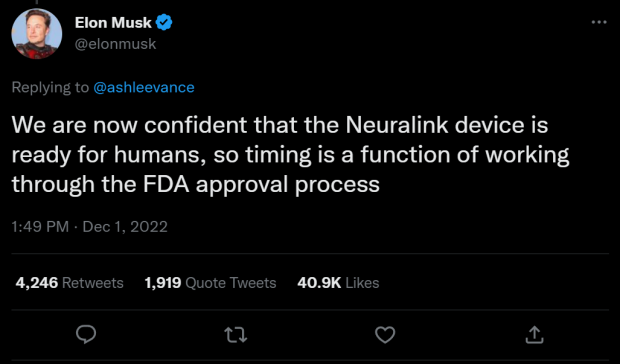
Image Source: Twitter
The start of the investigation into animal cruelty at Neuralink
The United States Department of Agriculture (USDA) Inspector General has launched an investigation into possible Animal Welfare Act violations at Neuralink. It's an uncommon reversal for an organisation that often keeps its distance from animal studies. Democrats in Congress are also speaking out. According to reports, US House Representatives Earl Blumenauer and Adam Schiff expressed their worry to the USDA in a draught letter that they sent expressing their concern that this would be another instance of high-profile animal cruelty incidents involving USDA-inspected facilities.
Instances of animals suffering due to the experiments
Neuralink began using monkeys in research at the University of California Davis in 2017, which raised concerns about the company's handling of animals. Over 600 primates were once housed at the Coulston Foundation in Alamogordo, New Mexico, USA, a biomedical research facility utilised for toxicity, pre-clinical drug testing, and study on infectious diseases. Numerous complaints and violations under the US Animal Welfare Act resulted from the foundation's long history of subpar and careless treatment (AWA). Public data describing the studies were obtained by the Physicians Committee for Responsible Medicine (PCRM), a group that advocates for alternatives to animal research. The results were horrifying: According to Ryan Merkley, PCRM's director of research advocacy, one rhesus macaque monkey's nausea was "so extreme that the animal vomited and had open sores in her oesophagus before she was finally euthanized."
Merkley claimed that after implanting a Neuralink device, unfilled gaps in an animal's skull were filled by surgeons using an unauthorised adhesive, "which consequently caused the animal to suffer tremendously owing to brain haemorrhaging." He also pointed to “instances of animals suffering from chronic infections, like staph infections where the implant was in their head. There were animals pulling out their hair and self-mutilating, which are signs of really poor psychological health in laboratory animals and are very common in rhesus macaques” and other primates.
The initial research lab ultimately shut down
Due to worries over animal cruelty, the research lab lost its government contracts in 2001, and it ultimately shuttered. A few years later, Neuralink relocated its research inside the company. Current and former workers claimed that Musk put staff under intense pressure to expedite animal experiments so that human trials could begin, asking them to envision having a bomb strapped to their heads to spur them on. That might have caused tests to go awry: Reuters discovered four tests involving 86 pigs and two monkeys that failed as a result of errors made by employees through papers and interviews with Neuralink personnel. The experiments have to be conducted again as a result.
“One employee,” media reported, “wrote an angry missive earlier this year to colleagues about the need to overhaul how the company organizes animal surgeries to prevent ‘hack jobs.’”
.jpg)
Image Source: Tweak Town
The true cost of the rat race for success in Silicon Valley
Researchers probably tested and killed more animals at Neuralink due to the lightning-fast pace than would have been necessary with a slower, more traditional technique. Over 280 sheep, pigs, monkeys, mice, rats, and at least 1,500 more animals have been used in testing and murdered by the corporation since 2018. “There’s this incredible pressure by these Silicon Valley dudes who want their devices on the market, they want to push things forward, but they don’t understand that these things take time,” said Merkley. “That leads to — as we’ve seen — botched experiments and animals suffering.”
“The research protocols were thoroughly reviewed and approved by the campus’s Institutional Animal Care and Use Committee (IACUC),” one part of it reads. “When an incident occurred, it was reported to the IACUC, which mandated training and protocol changes as needed.” The university also said it “follows all applicable laws and regulations,” including those of the USDA and the National Institutes of Health.
Did Neuralink violate the Animal Welfare Act?
In February, PCRM lodged a complaint with the USDA stating that the earlier Neuralink trials at UC Davis had violated the Animal Welfare Act. The USDA provided inspection reports of the UC Davis and Neuralink facilities in March, and neither facility had any violations. However, a federal prosecutor in the Northern District of California forwarded PCRM's complaint to the USDA Inspector General (OIG), a federal agency tasked with looking into and monitoring USDA programmes. The OIG subsequently reportedly launched a formal
investigation.
When contacted, the USDA OIG responded “USDA OIG can neither confirm or deny any investigation.” That the USDA found no violations at UC Davis or Neuralink “just shows you how weak the Animal Welfare Act is, and even more so how weak the enforcement of that law is,” Merkley said. The USDA said in an emailed statement, “USDA takes its charge to enforce the AWA seriously, and works diligently every day to protect the welfare of regulated animals.”
AUTHOR

trending
Be a Vegan First Informer
Send us buzzworthy news and updates
Explore
Contact Us
About Us
Stay Connected
Copyright ⓒ 2017-2023. VEGAN PASSION PRIVATE LIMITED. All Rights reserved.
For more information, please write to hello@veganfirst.com
Registered Office Address: 55, 2nd floor, lane 2, Westend Marg, Saidullajab, Near Saket Metro Station, New Delhi, Gadaipur, New Delhi South West Delhi, DL

2.png)

.png)
.png)
2.png)
2.png)
2.png)


1.png)

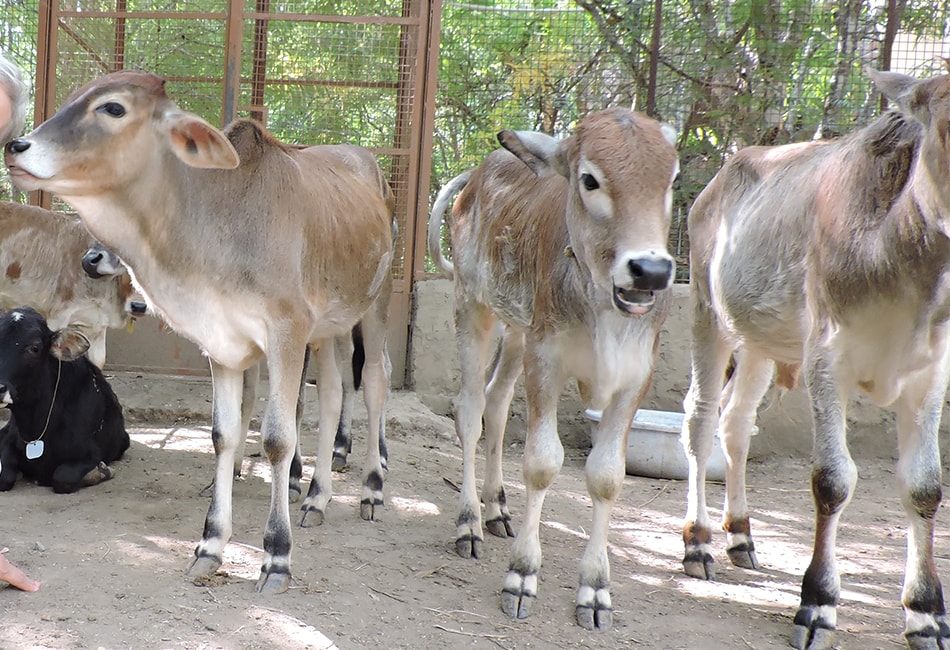
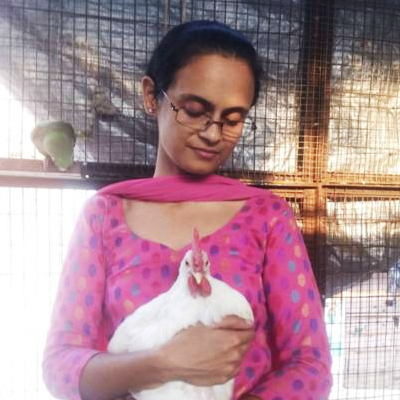

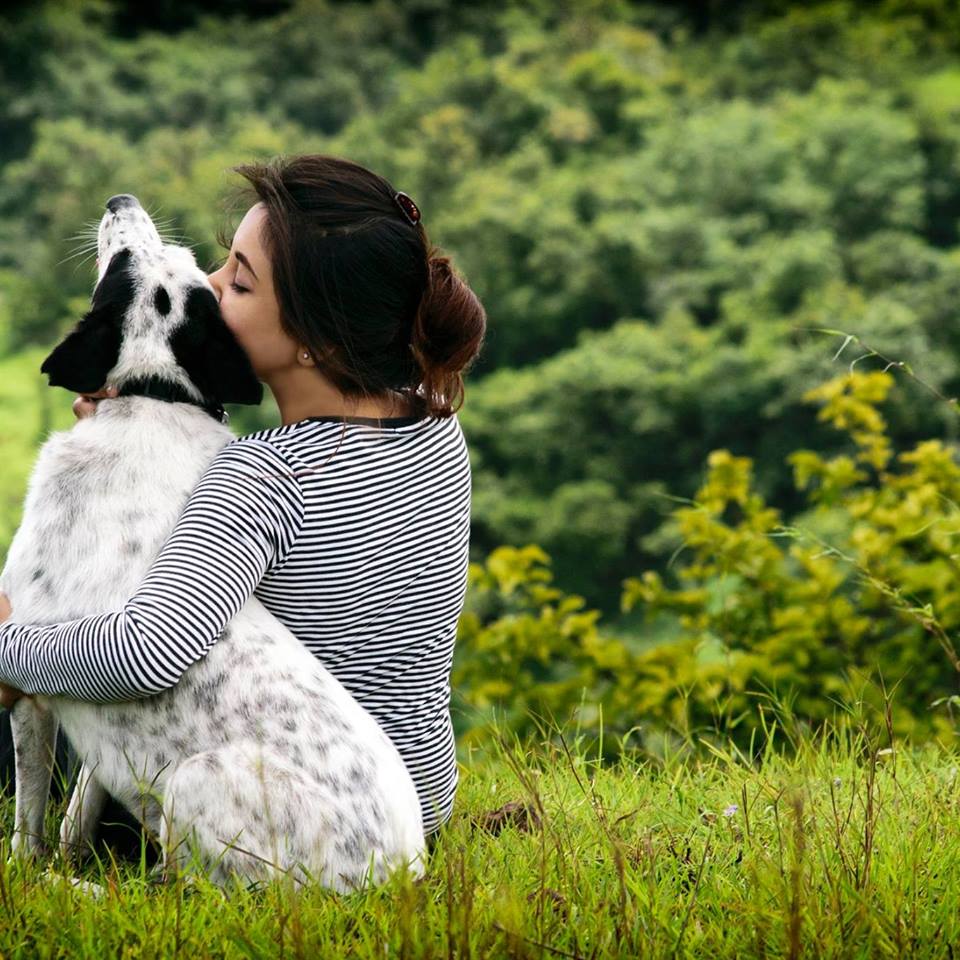
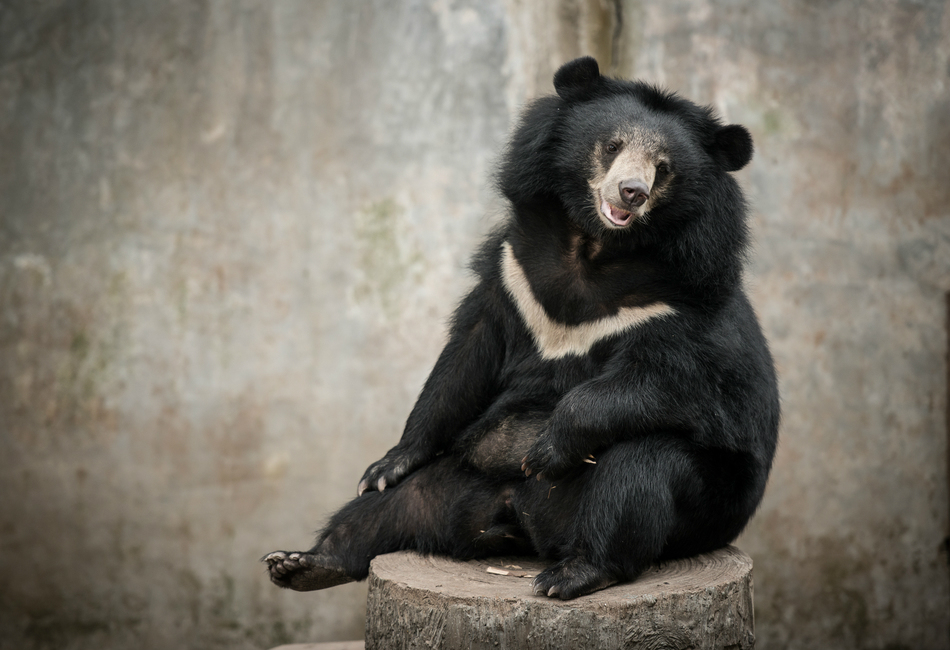

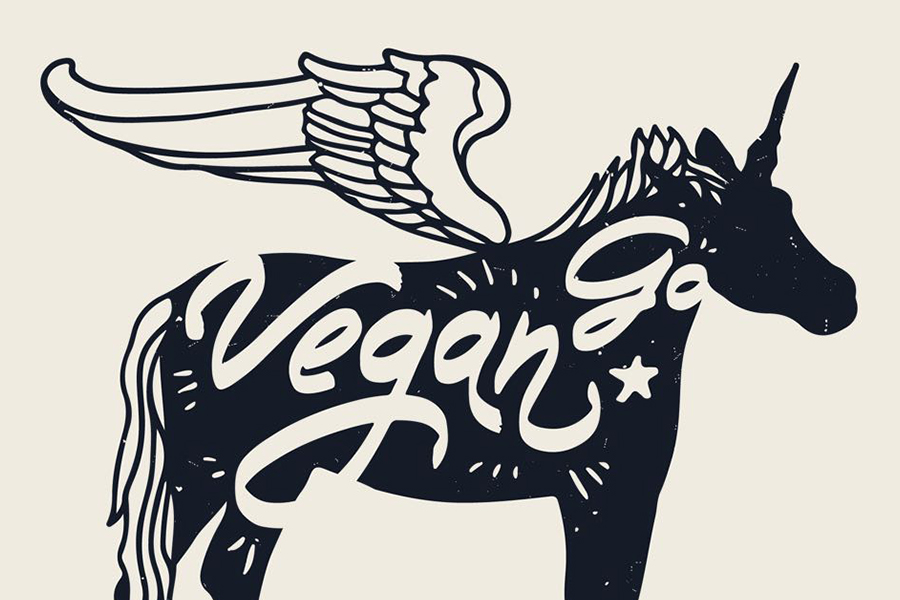

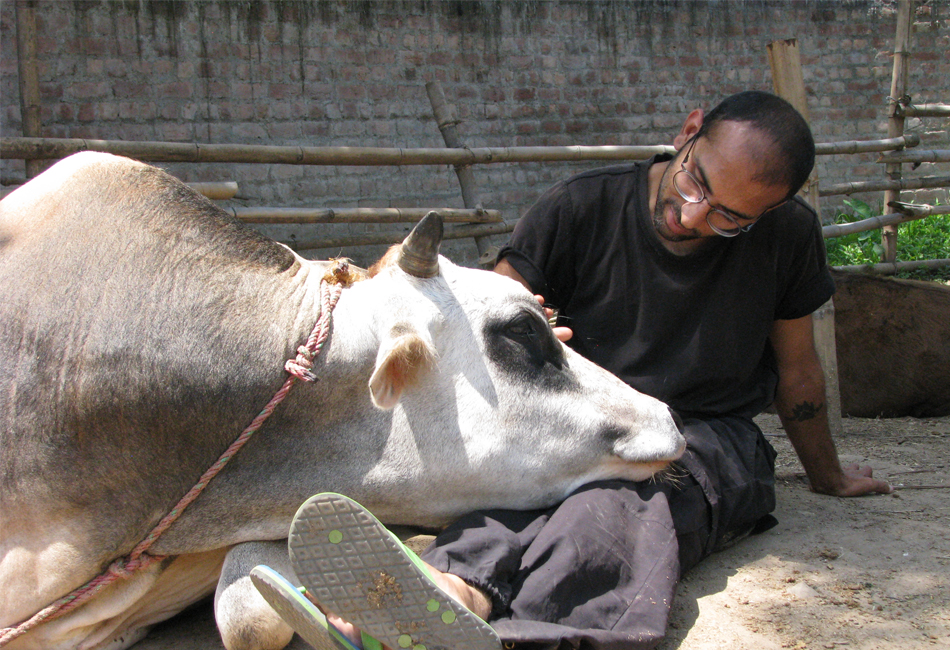
8.png)
